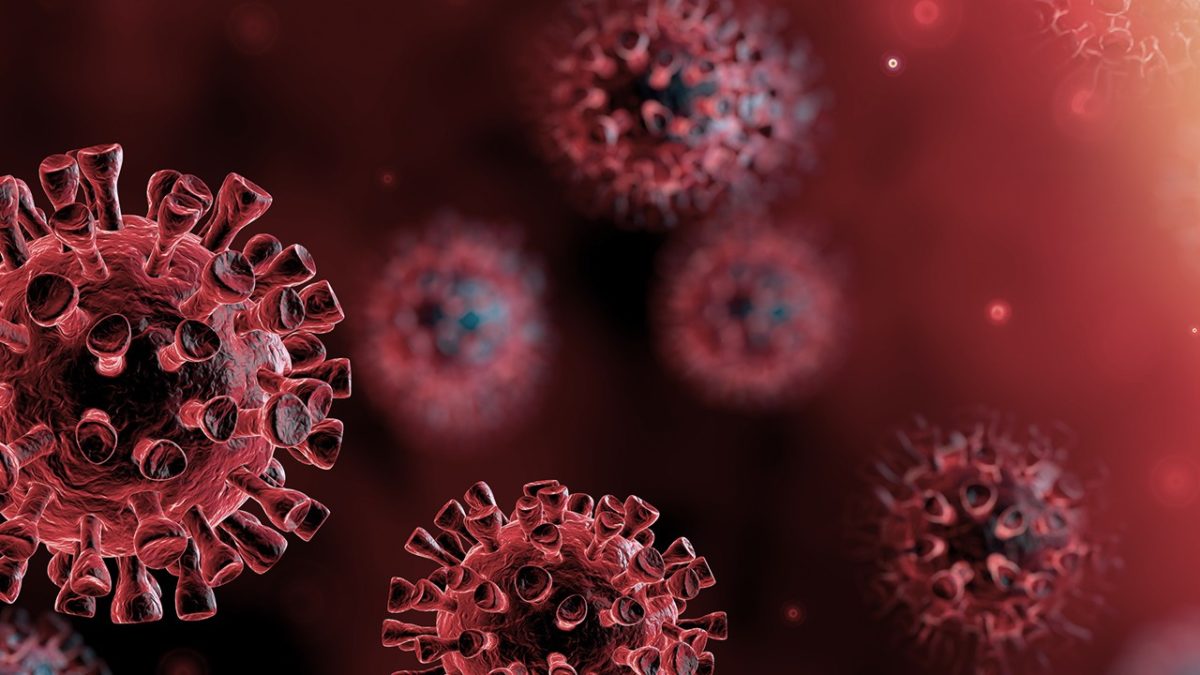As the first few months of the New Year progressed, we watched in shock and fear as the coronavirus pandemic swept China, Italy, and other countries across the globe. Over the last couple months, we have come face-to-face with this same invisible, life-threatening enemy in our own backyard. City, state, and national government officials have implemented social distancing and lock-down regulations, and for each of us, it is safe to say that life has changed in a dramatic fashion.
COVID-19 has caused widespread anxiety throughout the United States, even becoming a compounded issue for those with pre-existing mental health diagnoses. Adding to the fear of the disease itself, we have been forced to distance ourselves from those around us, isolate at home, and only seek medical care if emergent. The silver lining can be found in applications such as FaceTime, Skype, and Zoom, which allow us to continue to connect with colleagues, friends, and loved ones. Physicians are also turning to Telemedicine to ensure that communication with patients is still available in a manner that decreases unnecessary exposure to the medical setting, but is also HIPAA-safe. Despite these unprecedented times that we find ourselves in, it is beneficial to know that we have still have the ability to connect, albeit virtually, with others.
We are currently a few weeks into the pandemic here in the Midwest, and the largest anxiety-provoking question remains, how long will life continue this way? There is a great fear in the unknown that currently surrounds us all. So what are we to do to help us manage the stress, anxiety, depression, and overwhelming feelings? We’ll discuss a few tips and practices that can help you cope with our current circumstances.
- First and foremost, take care of yourself so that you can take care of your family and community.
- Begin each day with gratitude. Each morning think of something, no matter how small, that you are grateful for. This practice can also be done with your kids! The current situation that we’re living in is heavy, but thinking of things that make us thankful can help start the day with a more positive outlook.
- Exercise, stretch, meditate.
- Eat regular, well-balanced meals.
- Avoid drugs and alcohol.
- Practice a routine.
- Create daily goals for yourself, your kids, and your family. Most individuals, including children, are used to their day being organized and structured, so it can help to continue this while at home.
- Take breaks from the 24/7 media coverage.
- Hearing about the pandemic constantly can be upsetting. Try to limit your exposure and select specific news outlets that you find to be the most useful. It is good to be informed, but shouldn’t be overwhelming.
- Obtain accurate information and know the facts about the disease. Try not to fall victim to over-sensationalized headlines and news reports. It’s easier said than done, but obtaining evidence-based, accurate information can help reduce stress surrounding the pandemic. Knowing the facts about the disease can help keep you, your family and your community safe.
- Connect with others.
- Physical distancing does not mean that we cannot still reach out to those we love, whether it be by text, telephone or video call. Stay in touch with friends, family members and colleagues. Everyone is feeling anxious to some degree, and it is ok to discuss these anxieties.
- Last, but certainly not least, if stress is getting in the way of your daily activities for multiple days in a row, or you are having thoughts of hurting yourself or hurting others, immediately call a healthcare provider or proceed to your nearest emergency room.
- Most doctor’s offices are providing telemedicine services and/or seeing patients that need urgent help. Don’t hesitate to reach out.
- Awakenings KC is still open and offering Telemedicine visits, as well as in-office TMS and Ketamine infusions. Please call the office if you would like more information.
Resources:
- The Disaster Distress Helpline (Substance Abuse and Mental Health Services Administration): 1-800-985-5990
- National Suicide Prevention Lifeline: 1-800-273-8255
- Crisis Text Line: 741741
- National Institute of Mental Health/NIH Coping with Coronavirus: Managing Stress, Fear, and Anxiety, Director’s Messages
- Centers for Disease Control and Prevention (CDC) Stress and Coping, Coronavirus
- National Institute of Health (NIH) Coronavirus (COVID-19
Through this difficult time, it is of utmost importance to stay connected. Reach out to friends and/or loved ones that you know might be having a hard time. Offer the above resources if you think that they will help. If you have any additional tips or tricks on how you’re coping with the increased stress and anxiety, please share with us in the comments. We would love to hear from you. We wish everyone the best, and remember, we will get through this.



